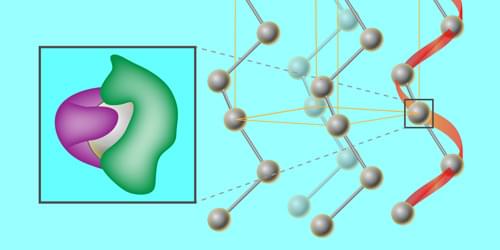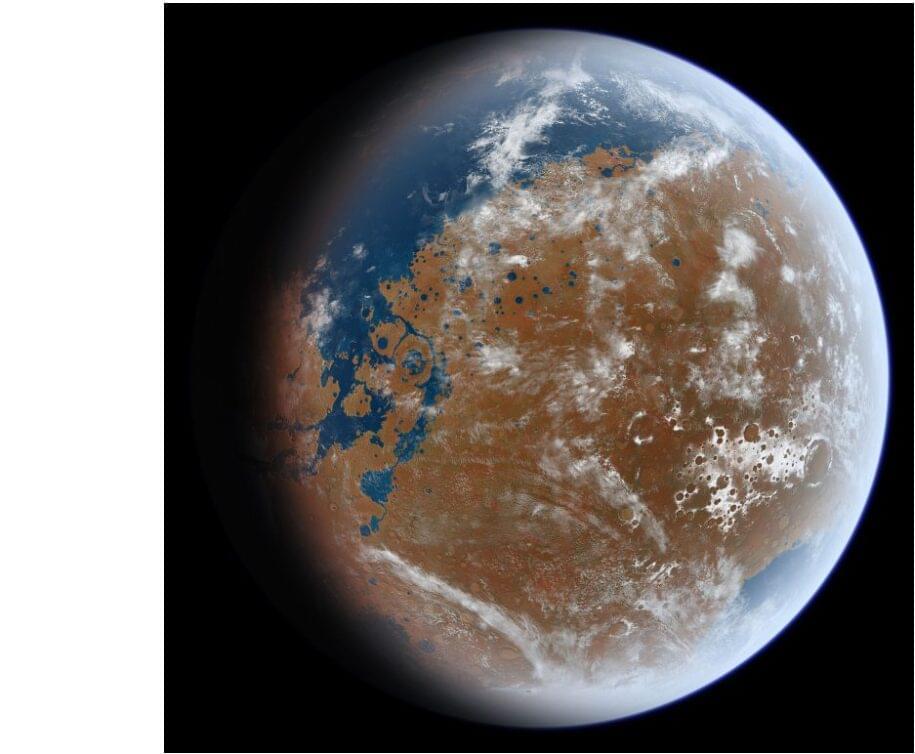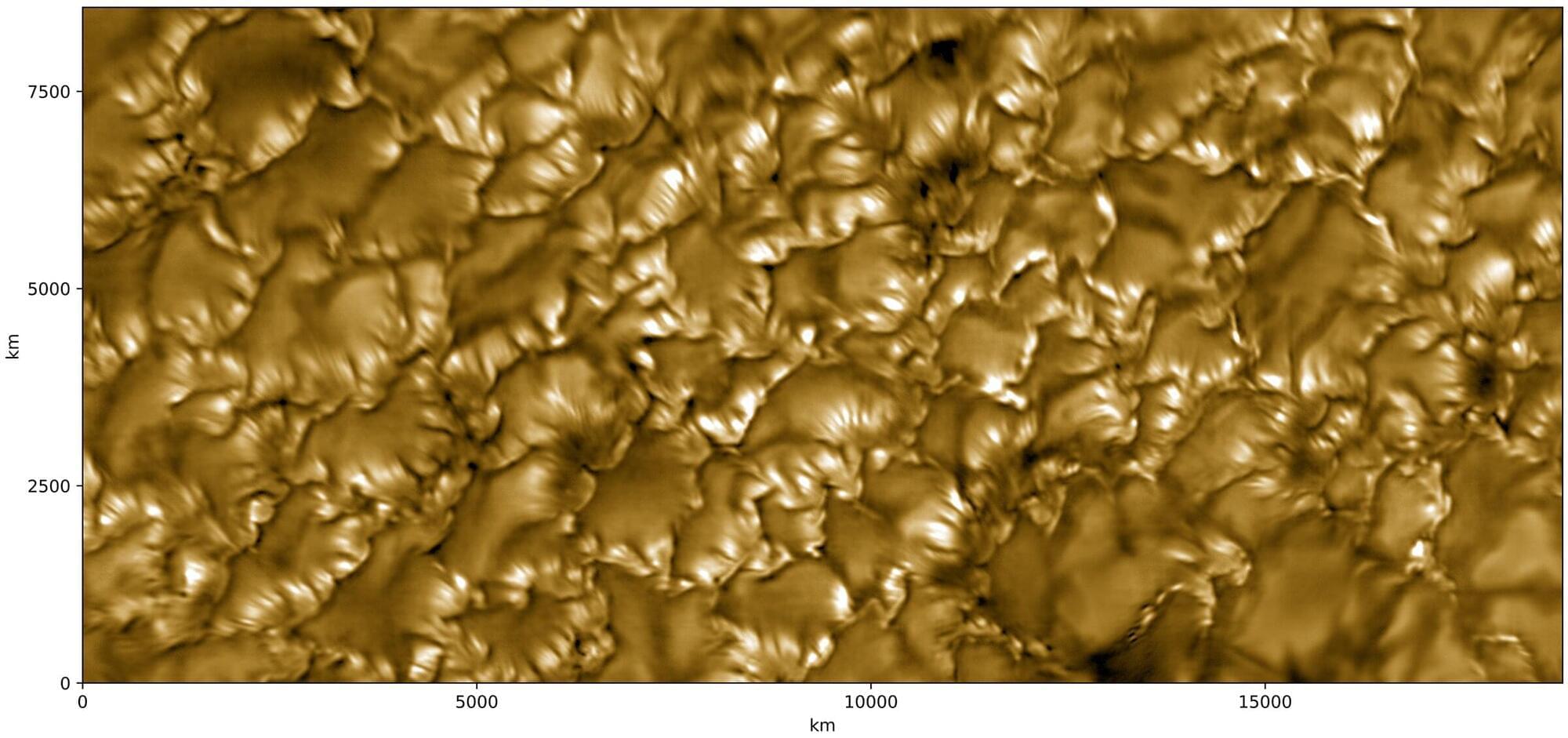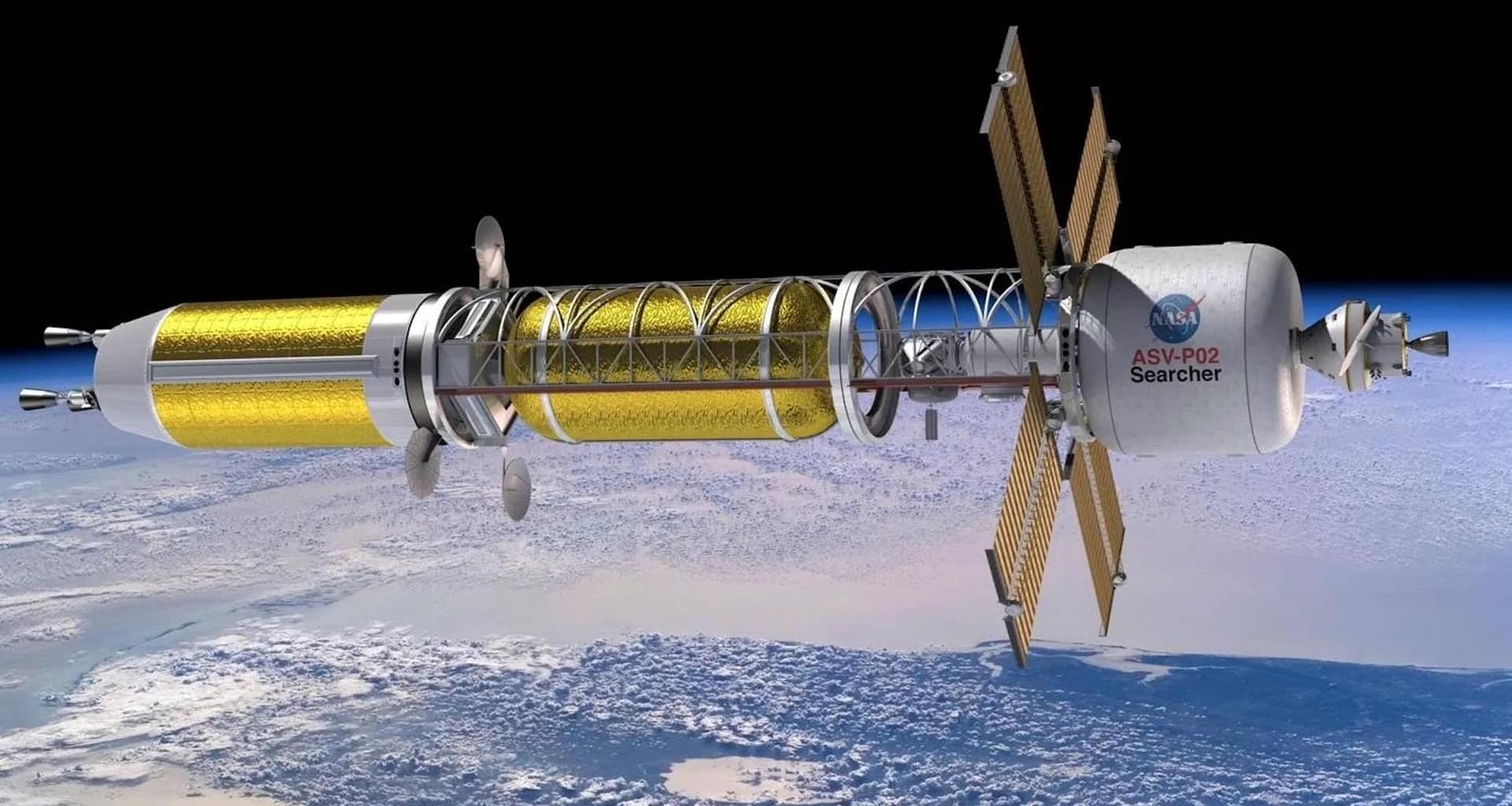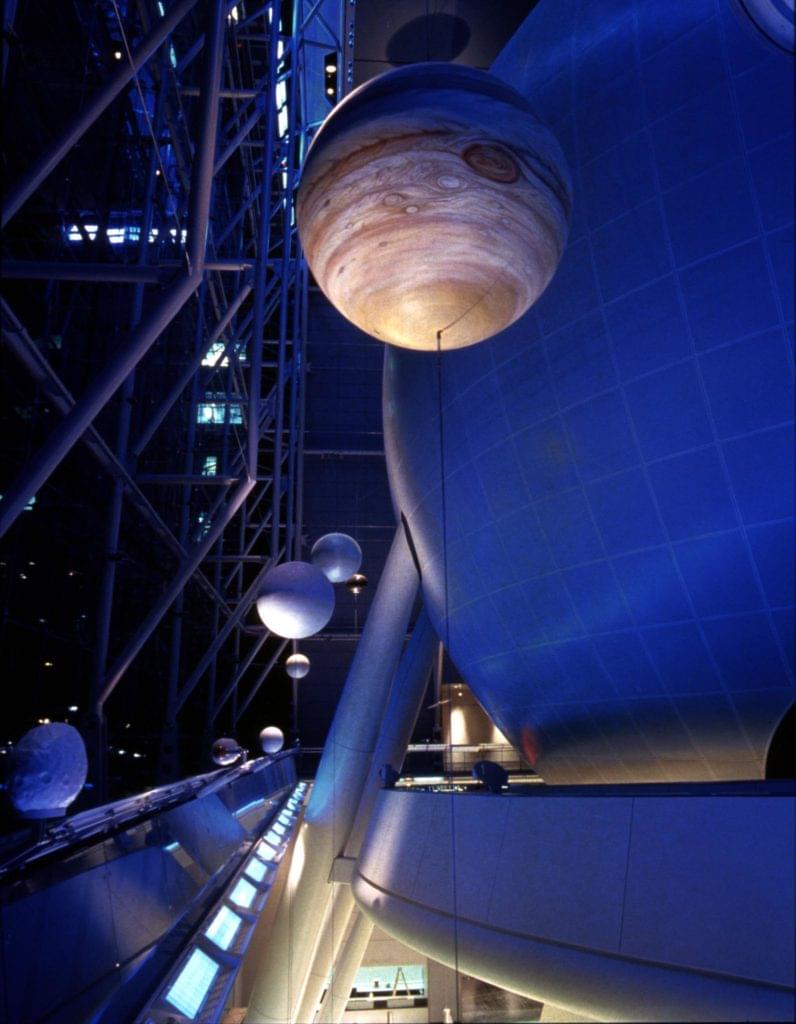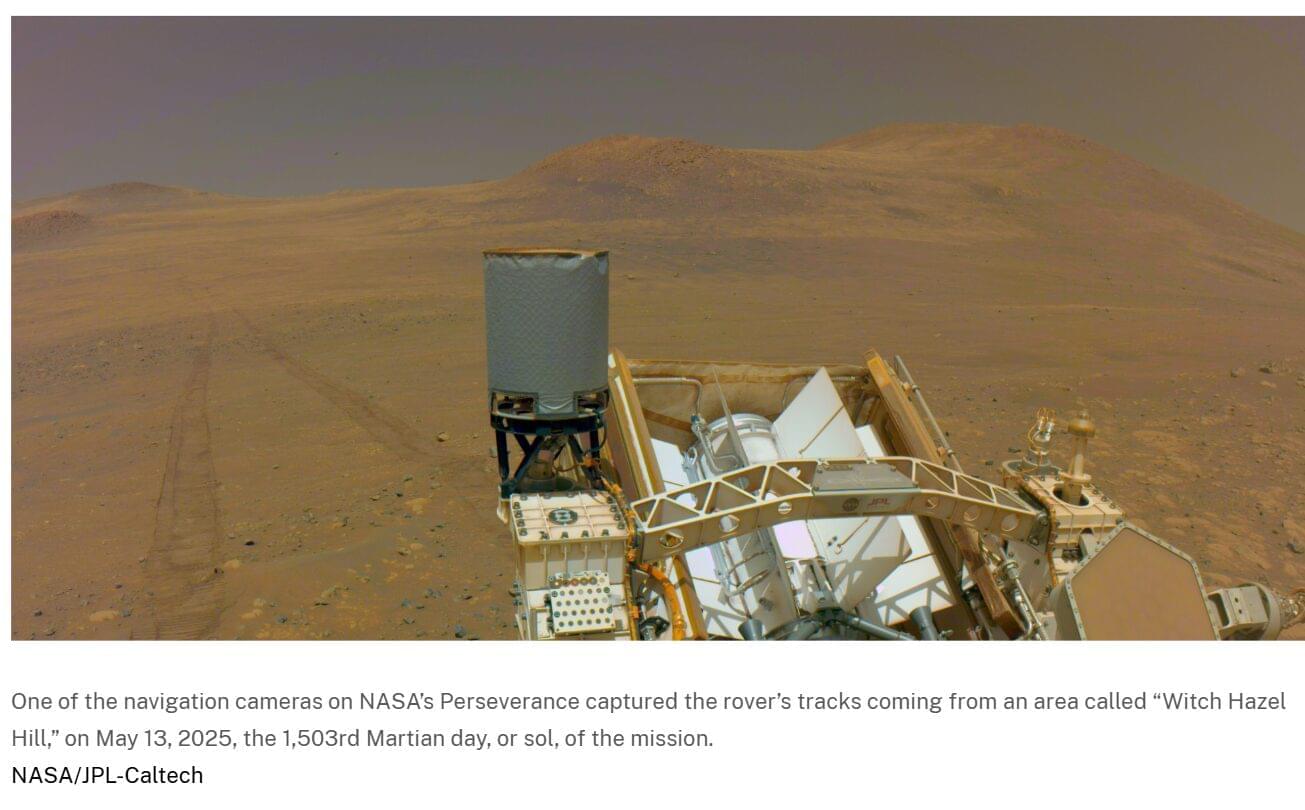A quick overview of some of the most popular fictional architectural styles.
Which style did I miss? Let me know down below 👇
Please like and subscribe if you enjoyed this video. It helps a lot!
If you want to support me even more, consider becoming a member: https://www.youtube.com/channel/UCsaIQHXEMymxrg4tMUkwJ1g/join.
00:00 Cyberpunk.
00:37 Steampunk.
01:14 Dieselpunk.
01:46 Atompunk.
02:22 Solarpunk.
02:58 Biopunk.
03:33 Post-Apocalyptic Salvagecore.
04:07 Brutalist Dystopia.
04:40 Arcology.
05:16 Space-Opera Modernism.
05:52 Dark Fantasy.
06:25 Clockpunk.
06:58 Teslapunk.
07:29 Afrofuturist.
08:02 Subnautical Artifice
